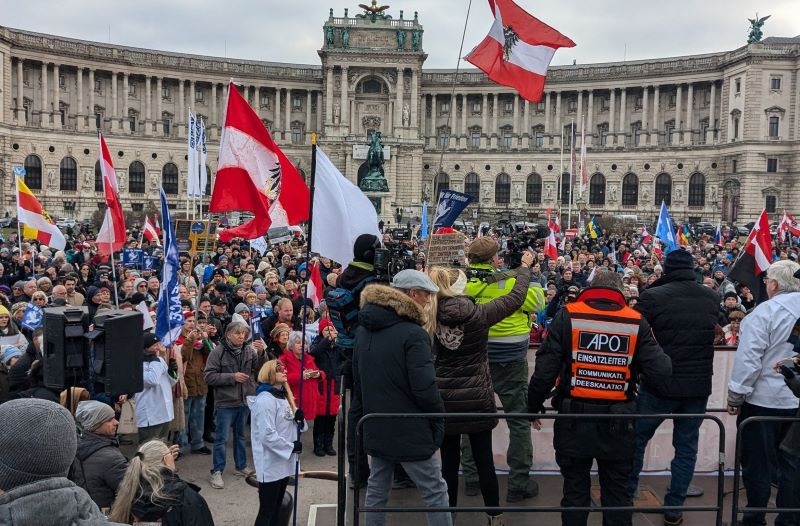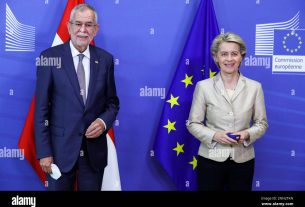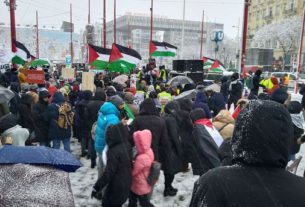Police Take Firm Stance Against Pro-FPÖ Demonstrations
Vienna’s streets were bustling on the first Saturday of Advent as supporters of the Freedom Party of Austria (FPÖ) gathered for protests, sparking significant police action. Amidst holiday shoppers, law enforcement faced the dual challenge of maintaining order and tackling misinformation online.
Chaotic Protests in the City
Protesters rallied for a “People’s Chancellor” and against the government coalition they call the “Sugar Coalition.” While most demonstrations were approved, two planned to block the busy Ringstraße for hours were banned.
A large rally at Heldenplatz proceeded as planned, with police conducting checks. Several knives and a blank-firing pistol were seized from participants.
After the main event, some protesters moved to the Ringstraße, holding two unauthorized demonstrations. Police quickly declared them unlawful and dispersed the crowds, identifying over 400 individuals and filing charges.
Battles Online and On the Streets
The conflict spilled onto social media, where FPÖ supporters accused the police of working for the “ruling elite” and escalating tensions on purpose. On X (formerly Twitter), police dismissed these claims and rejected the critics.
One controversy involved the use of water cannons, a standard measure for large gatherings in sensitive areas like the government district. Some FPÖ supporters claimed these measures unfairly targeted them while others received lenient treatment.
In response, the police tweeted: “It seems water cannons and police dogs are only acceptable when used against ‘the other side.’” They also reminded critics that similar actions were taken against climate activists’ blockades.
Police Deny Escalation Claims
Officers rejected allegations of deliberate escalation, emphasizing that calm protests are less work for them. “Easier demonstrations mean less documentation, logistics, and risk of injury,” they explained.
Through it all, the police maintained their stance: enforcing the law without bias, despite growing tensions in Austria’s political landscape.





